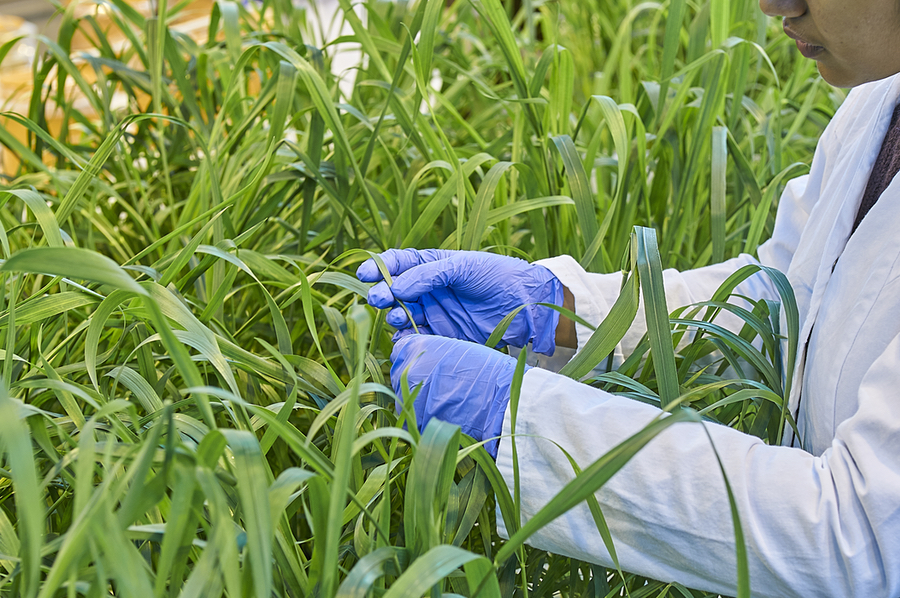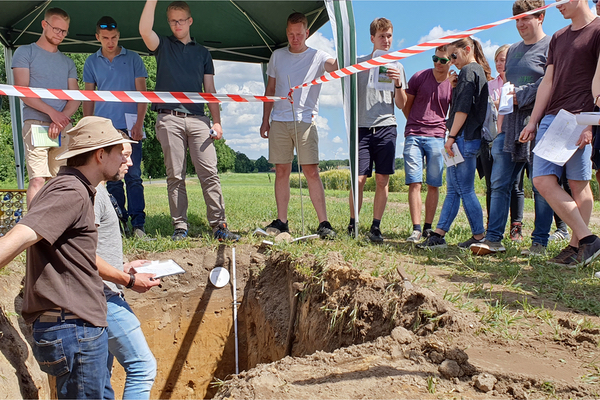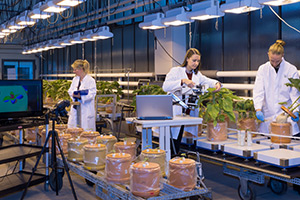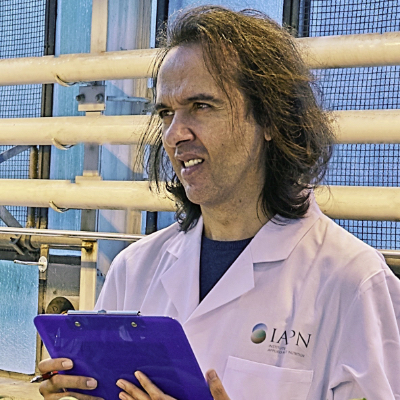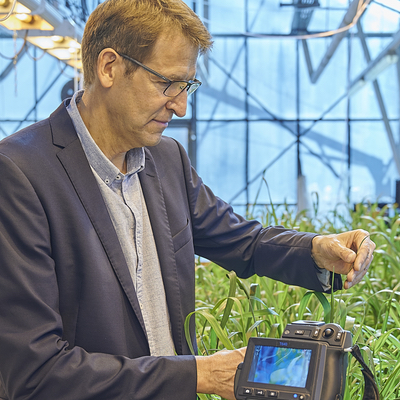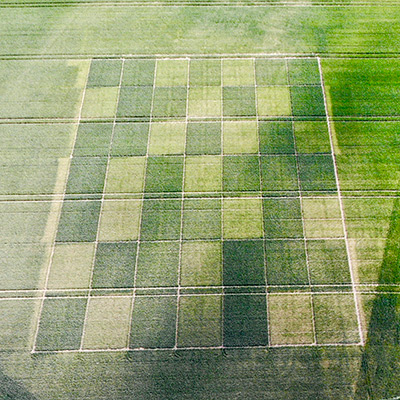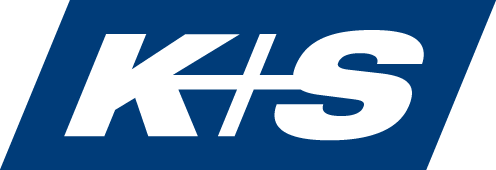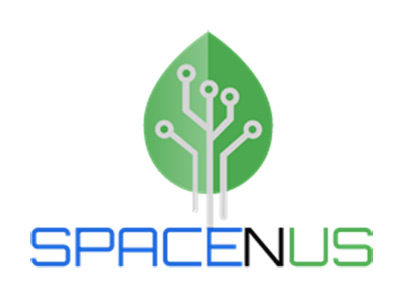Research
Since 2019, IAPN is involved in a project on the digital assessment of crop nutrient status. The project is a cooperation between K+S Minerals and Agriculture GmbH and Spacenus GmbH, a start-up based in Darmstadt, aiming at developing the digital product Agricultural Nutrient Assistant (ANA). This technology uses artificial intelligence (AI) and aims to support farmers in the area of precision farming.
ANA enables farmers to assess the nutrient status of a field with regard to nitrogen, potassium, magnesium, phosphorus and sulfur at an early stage and, on this basis, to adjust the nutrient supply as required. In a specially designed smartphone application, the farmer has the possibility to take photos of samples in the field. ANA combines these photos with satellite images, analyzes the nutrient status of the field by AI and provides the farmer with a nutrient quantification that is scaled on field-level, for the planning of the further fertilizer application.
IAPN’s technical assistant Wael Alyoussef and Master’s student assistant Rizal Andi Syabana harvesting wheat samples for the project “Digital assessment of crop nutrient status”. On the second picture, Rizal Andi Syabana and Master’s student Anupa Alice Mathews provide support in plant cultivation. (Photos: Tränkner)
IAPN as the research partner in the project has a leading role in providing data for training and testing ANA’s AI models. In scientific experiments, different wheat and oilseed rape cultivars are cultivated under controllable conditions in the greenhouse under different nutrient supply situations and various data are collected during the cultivation period. This approach ensures that high-quality data is obtained, which is then used to train the algorithms of the application. In a second step, data from field experiments conducted with other project partners are collected and used for training the algorithm, so that the development of the application involves both cultivation scenarios. IAPN’s scientific contribution is coordinated by its research assistant Dr. Paulo Cabrita.




